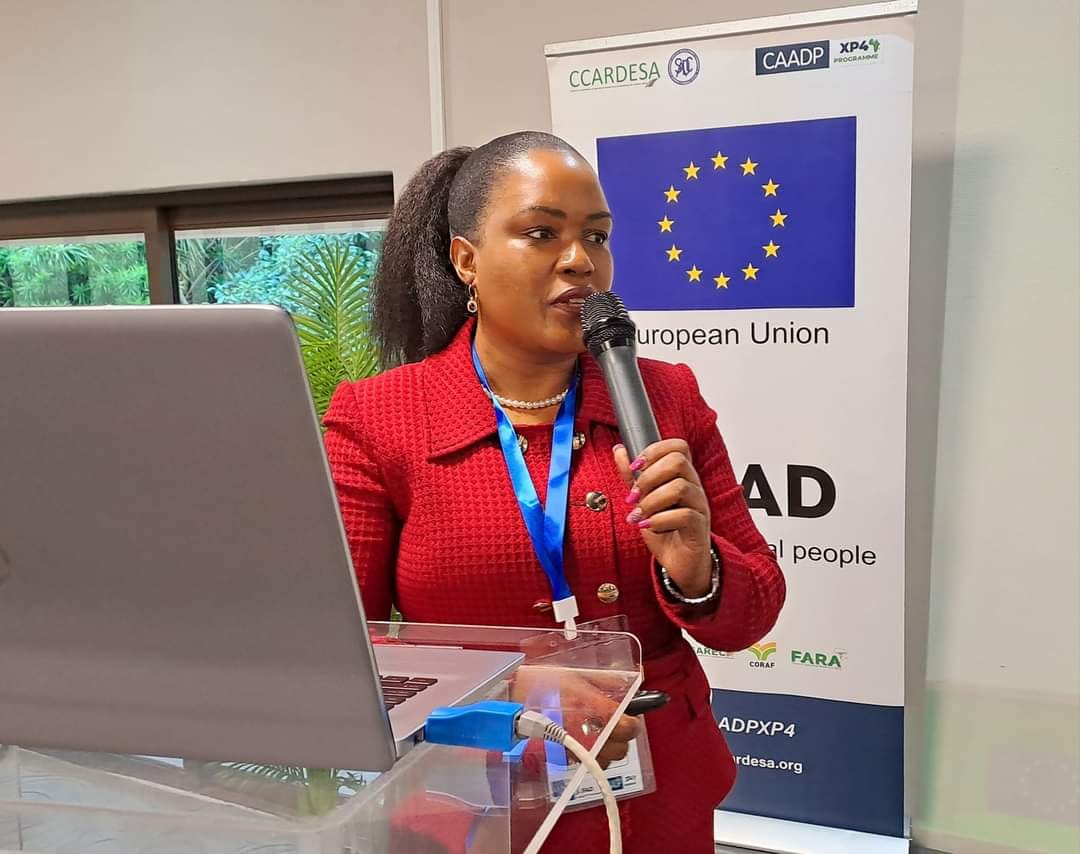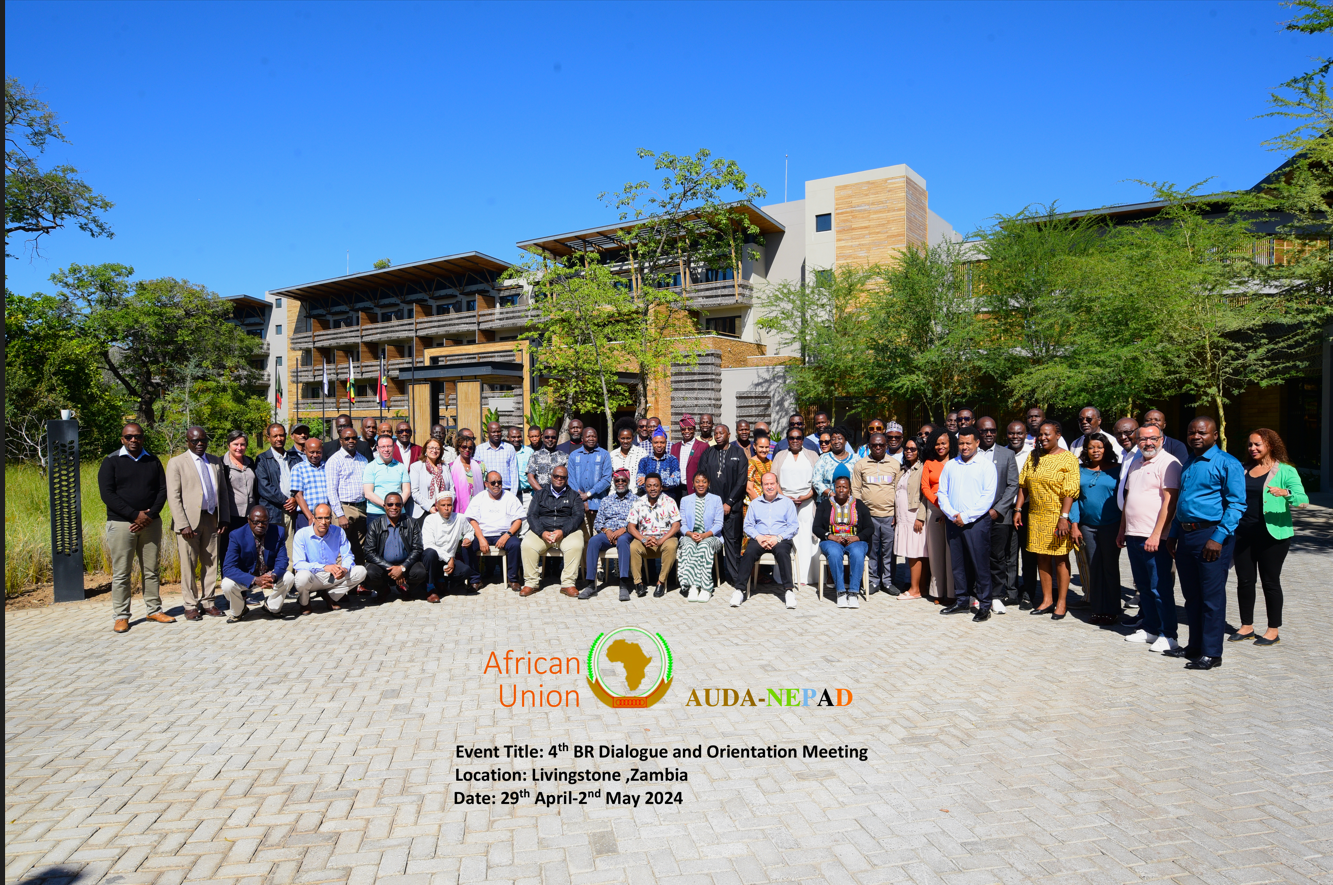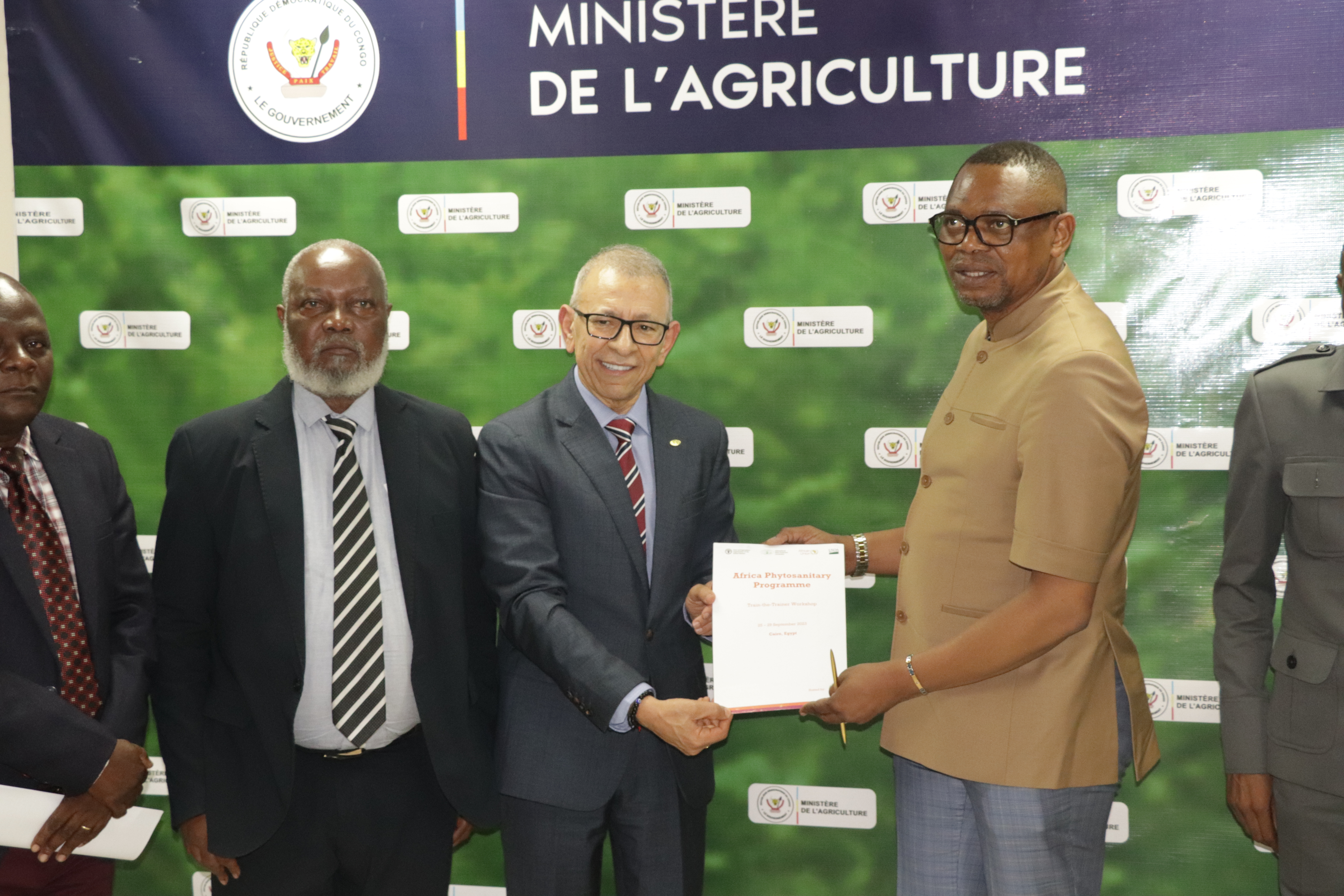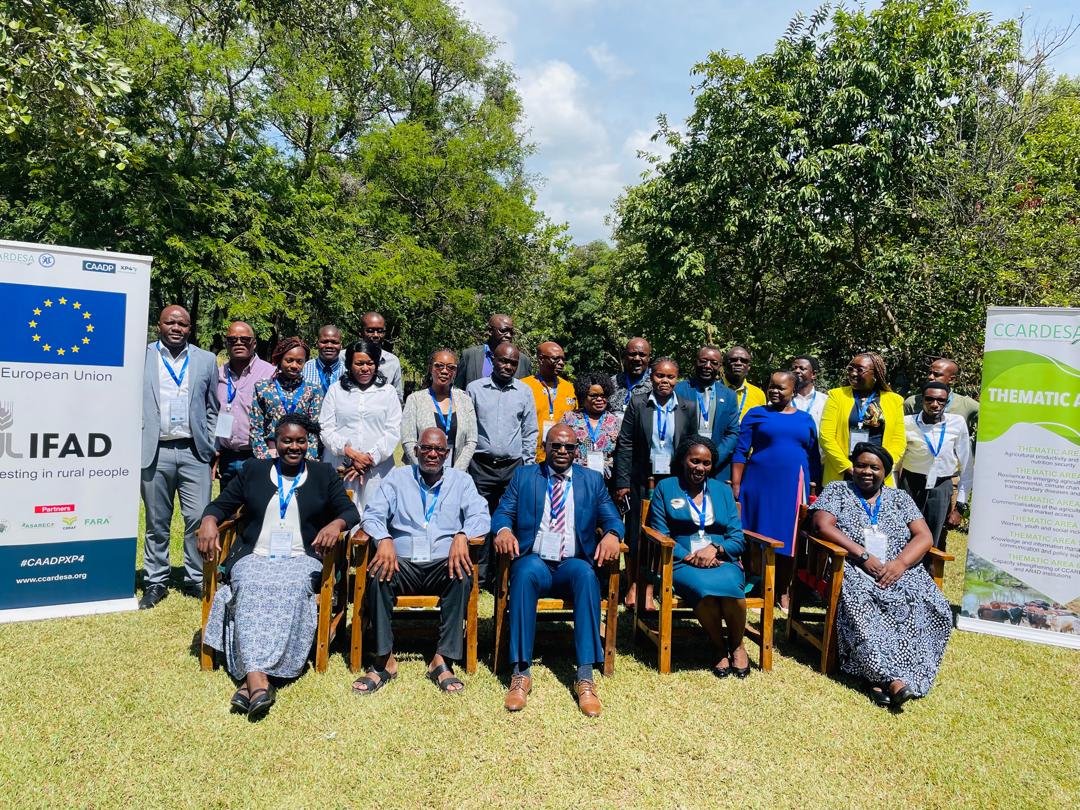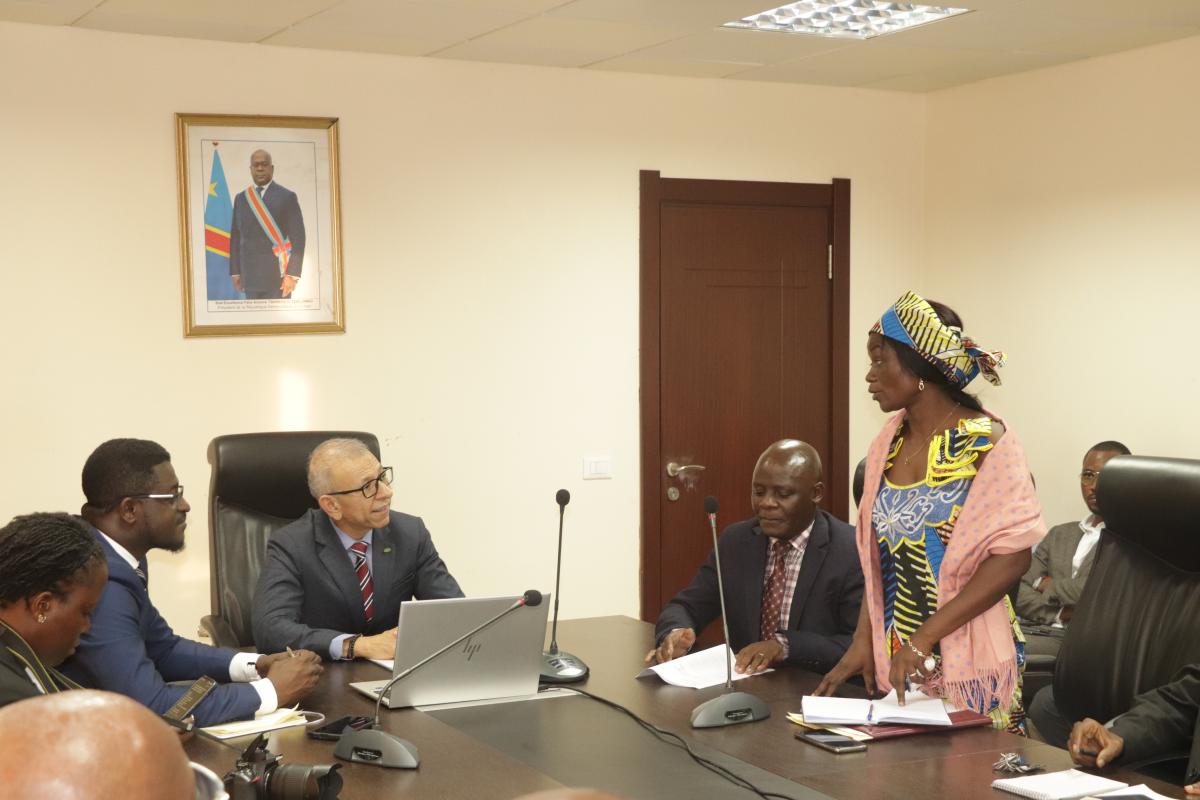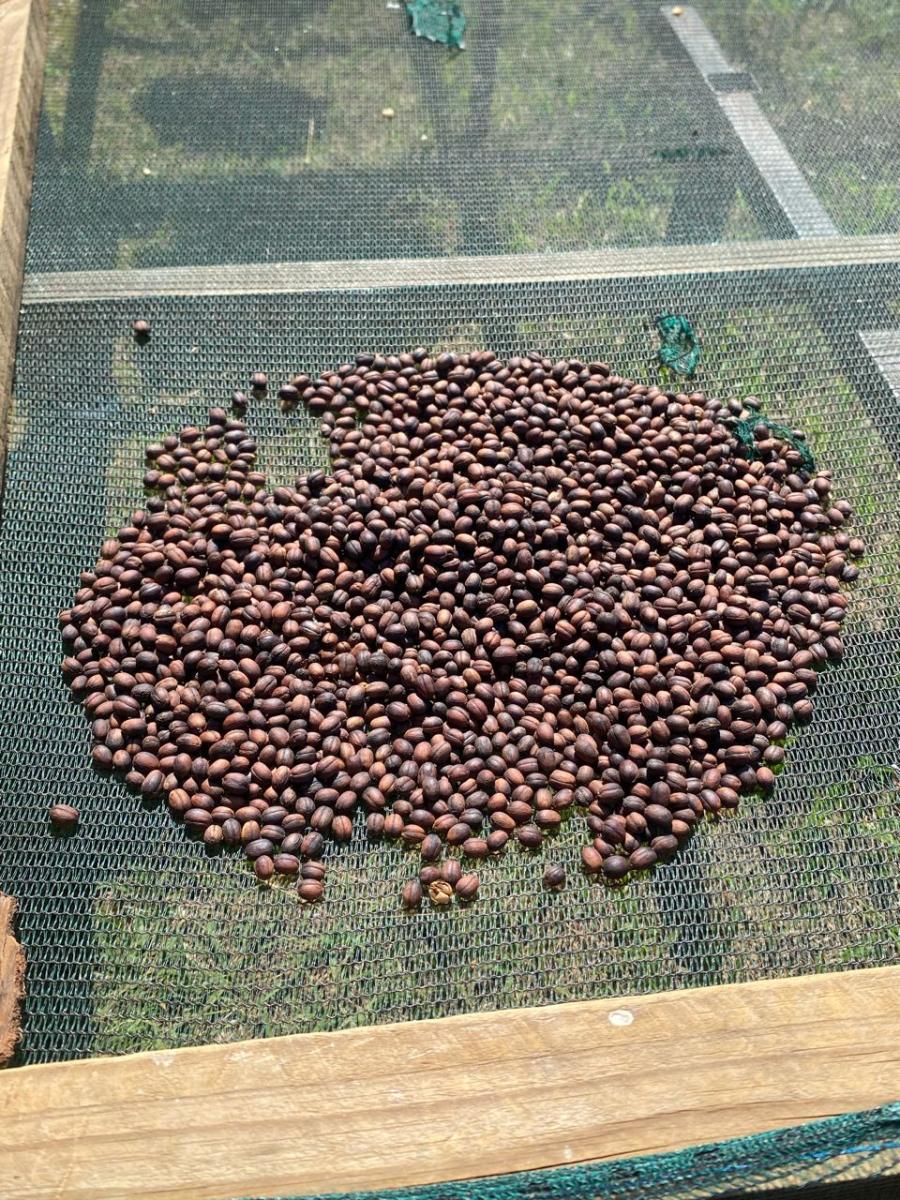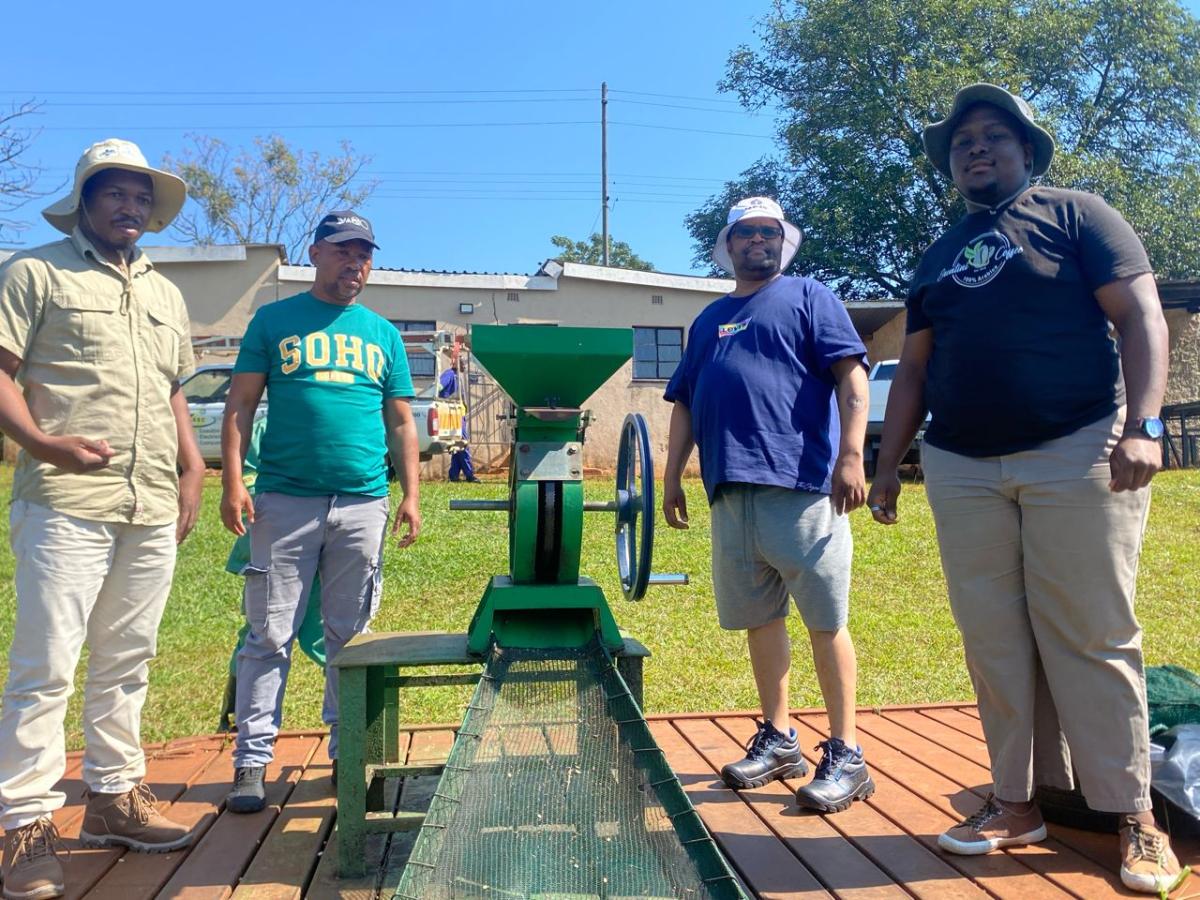Scaling up smallholder soybean productivity in Zambia
This is a success story produced by the Zambia Agricultural Research Institute (ZARI) under APPSA. Through partnerships with the Department of Agriculture and other players, the World Bank funded Agricultural Productivity Programme for Southern Africa (APPSA) supported smallholder farmers with necessary information and technologies to transform
the way they grow their soybean in order to increase farm yields and income. In collaboration with the Department of Agriculture under Extension Services the project mobilised lead farmers to host demonstration plots showcasing improved soybean production technologies.
Success Story
Soybean
Smallholder
Farmer
Productivity
Kapulu, N.P. 2016. Scaling up smallholder soybean productivity in Zambia, Zambia Agriculture Research Institute (ZARI)





